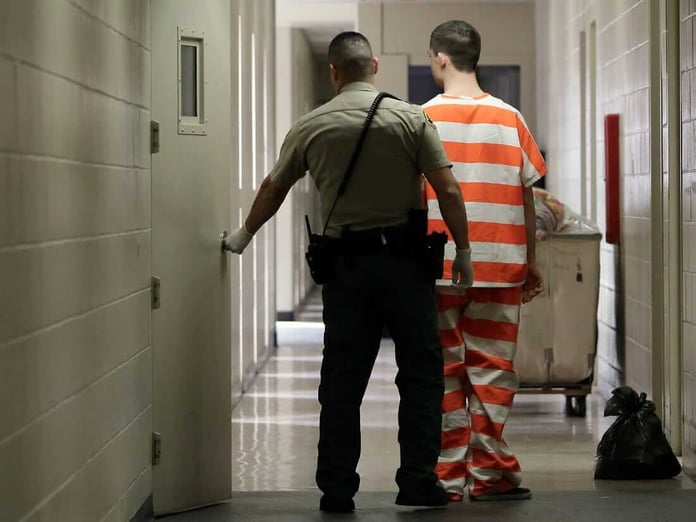A study by American researchers showed that children with “antisocial” genes, even if they grow up in idyllic conditions, will behave unacceptably
Although so far been conventional wisdom that in the behavior of children in the main influences environment in which to grow up, recently scientific research revealed that bad, lying, quarrelsome and violent children actually born such. A study by American researchers from the University of Virginia showed that children with “antisocial” genes will behave badly even if they adopt them and grow up in idyllic conditions of a harmonious and peaceful family.
Twins under a magnifying glass
These genes are passed down over several generations. The study was conducted on 2,000 children, or 1,000 twins, half of whom were completely identical genes, and the other half carried half of the same genes.
Studying the behavior of twins and their children is a standard method in determining which behavioral traits are hereditary. When compared to each other, it is observed which genes are passed from generation to generation, and so American scientists have found that the parts of DNA responsible for behavior are transmitted just like the color of the eyes or hair.
This research is actually a continuation of an earlier study conducted in 2004 by Debra Foley , an assistant professor in the Department of Human Genetics, which showed that violence, combined with certain innate genes, causes later similar behavior in a child.
Foley’s study included 514 boys between the ages of 8 and 17 and looked at the environment in which they grow and their DNA structure. The level of the monoamine oxidase A gene, which is associated with antisocial behavior, was measured and its activity was shown to greatly influence boys’ behavior.
If the gene was less active and children grew up in a highly violent environment, children were more prone to ugly behavior, while those whose gene was highly active were less likely to “copy” violence from their environment.
The children were observed and adopted in a similar way and the same conclusions were reached.
Even before Foley, a similar study was conducted in 2002 by Terrie E. Moffitt, a professor at the Institute of Psychiatry at King’s College London. She, in turn, found that mutations in particular genes later cause violent and criminal behavior .
Early diagnosis
Moffitt believes that early diagnosis of the presence of this gene may be crucial in the later prevention of violent behavior. And previous research by scientists from the Washington National Institutes of Health has found that at least four genes predispose to the criminal behavior of their subjects.
Unlike Moffitt, a spokesman for the institute predicted that in the future, parents would be able to find out which genes they carried before they were born, so they could decide how to approach it.


